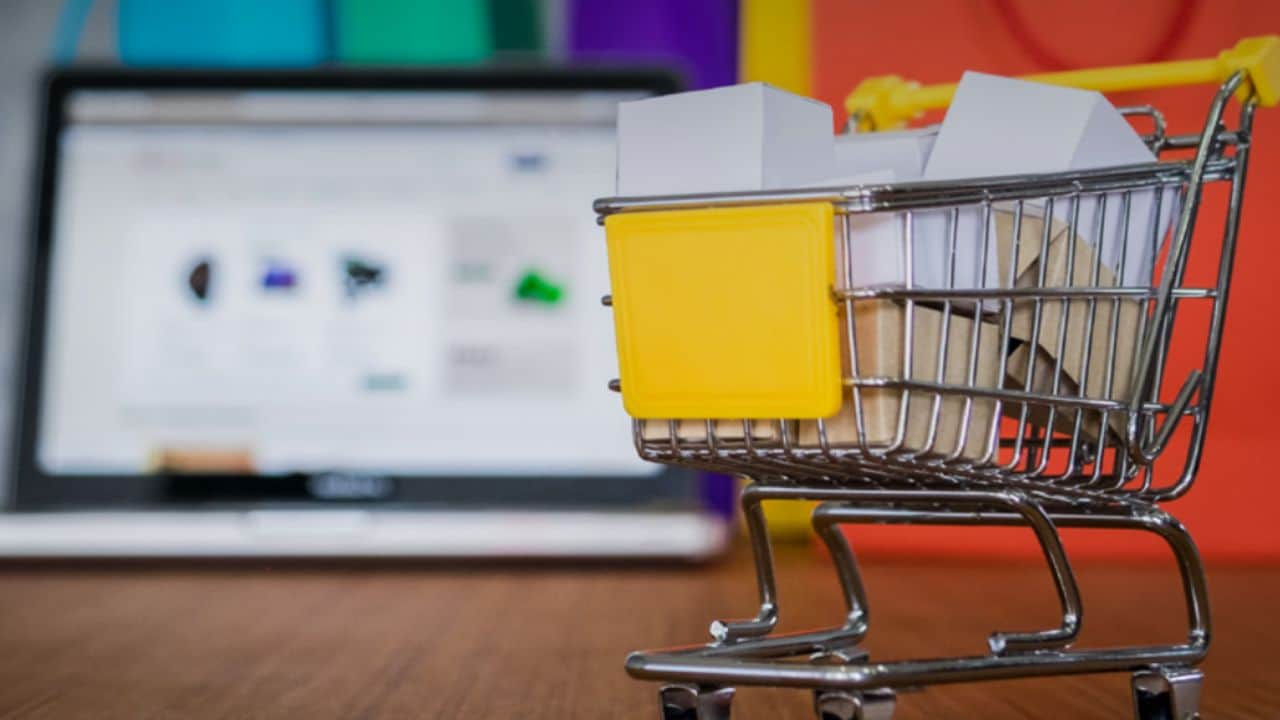In a major boost to the Aatmanirbhar Bharat drive, local brands are disrupting the dominance of established players in the food and beverages sector.
According to a report by Deloitte, in collaboration with FICCI, Indian consumers are gravitating towards locally produced, culturally relevant, and traditional food items in the past year.
Research has discovered that 45 percent of Indian consumers prefer purchasing local brands over global ones for food and beverage products.
Additionally, Indian consumer behavior has also transformed in purchasing beauty and personal care products in recent years.
Over the last year, 45 percent of urban consumers have shifted to value-for-money brands or looked for alternate options to manage expenses in the F&B category.
According to the “SPURring growth in FMCG” report by Deloitte, urban consumers prefer products with natural ingredients, non-toxic products, and ethically sourced, organic, and eco-friendly packaging.Further, the report noted that herbal products have experienced a steady growth in the recent years. An increasing trend for products that feature natural and ayurvedic ingredients such as neem, tulsi, etc elements has gained trend.
“The Indian FMCG industry has always been a key driver for economic growth, significantly contributing to job creation, and the industry will play an important role in achieving India’s vision of Viksit Bharat. The rise of ‘Many Indias’ with a growing aspirational urban and middle class, the government’s proactive efforts to control inflation, and the augmenting of infrastructure, especially in the rural areas, has further accelerated the growth. Within the FMCG industry, health and wellness is an emerging trend, with Self-care and preventive health are gaining popularity among consumers,” Manish Anandani, Managing Director – India, Kenvue said.
The report noted that GenAI is also rapidly reshaping the FMCG landscape. Companies are deploying AI to forecast demand with precision and personalize consumer engagement at scale. Additionally, influencer marketing has evolved into a critical driver of product discovery and consumer trust.
According to Harsha Vardhan Agarwal, senior vice president of FICCI, “Indian consumers are evolving – they are digitally savvy, more informed, willing to experiment and explore. We see a rising demand for clean-label, toxin-free, and sustainable products. Consumers are willing to trade up and pay a premium”.
Notably, Fast-Moving Consumer Goods (FMCG) industry, is the fourth largest sector in the Indian economy. In 2023, the FMCG market was valued at US$144 billion, contributing around 3 percent to the GDP.
